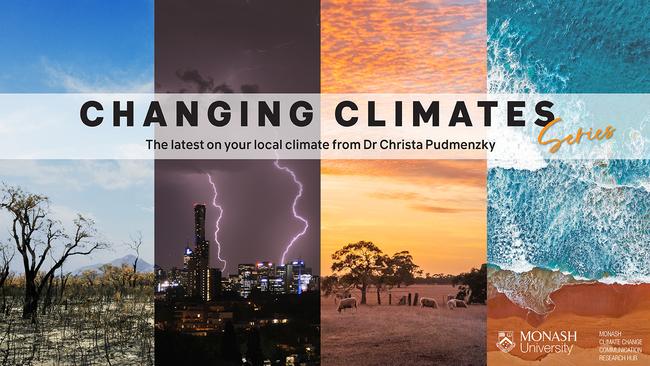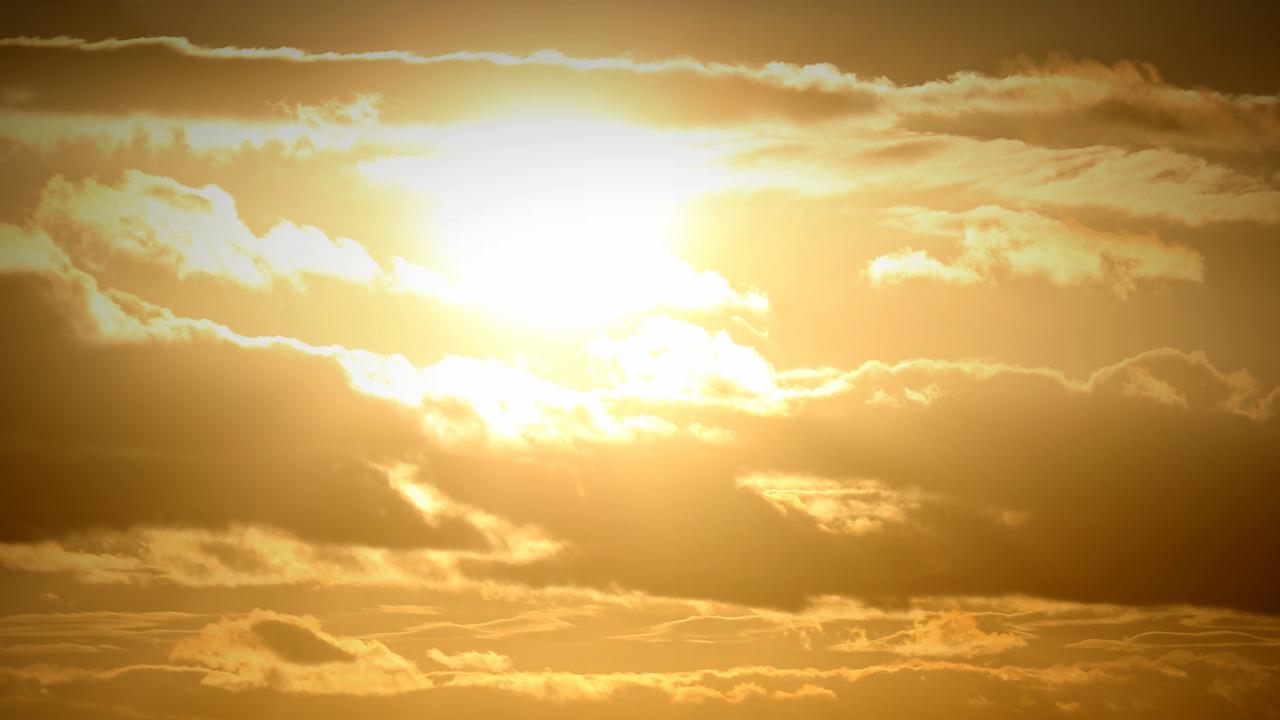Australian sport is playing against the climate clock
Host of Ipswich's Changing Climates series, Dr Christa Pudmenzky, explains how our local climate is changing. Plus, how do warmer temperatures impact iconic Aussie sporting events?

Hyperlocal
Don't miss out on the headlines from Hyperlocal. Followed categories will be added to My News.
Sport lies at the very heart of Australian culture.
Whether we're barracking on the sidelines of our children's local soccer match, or flocking to a huge stadium for an upcoming footy clash, there's no denying that sport is core to our Aussie lifestyle.
It not only provides a vast range of physical and psychological benefits, but also contributes up to three per cent of the nation's GDP.
However, human-induced climate change is fuelling warmer temperatures across the country and starting to put some of our beloved games at risk.
Locally, the hottest September day in Ipswich now sits around 33.7C – that's 2.3C warmer than 50 years ago.

Climate change stumping sports
Warming temperatures have led to an increase in the intensity and frequency of extreme weather events across the country.
These events – including heatwaves, bushfires, floods and drought – are beginning to jeopardise how we play sport.
The impacts are wide-ranging – high temperatures and bushfire smoke can cause heat stress and respiratory issues in players, officials and spectators, while floods and drought can make grounds dangerous and unplayable.
For example, in early 2019, grassroots sports across Queensland were badly affected by intense rainfall, with three clubs each estimating more than $250,000 worth of damage.
These types of disruptions may become commonplace in the not-too-distant future.
Climate projections show that without immediate, large-scale reductions in greenhouse gas emissions, extreme weather is only going to ramp up.
As a result, sport at all levels faces further interruptions, postponements and cancellations of games and training, as well as the possibility of shifting summer codes to the shoulder months of neighbouring seasons spring and autumn.
Sport going for gold
Sport holds a unique power to bring people together and can play an important role in helping Australia limit the harmful impacts of climate change.
Athletes are increasingly voicing their concerns, as seen by the formation of organisations such as Front Runners, a movement of Australian athletes working to protect the future of sport.
Last year the group was involved in "The Cool Down" – a campaign calling for climate action, backed by over 300 current and former sportspeople including David Pocock, Pat Cummins and Darcy Vescio.
In an open letter, they stated "Australians have always punched above our weight on the world stage and it's time to do it on climate."
Recent reports from the Australian Conservation Foundation show transitioning to solar as a way for sporting clubs to contribute to a clean energy future.
Their research found installing solar panels on major sports stadiums and on the roofs of cricket, soccer and AFL head offices could generate enough energy to power around 3000 households.
This would prevent 310,000 tonnes of climate pollution over 20 years, and, in the long-term, save around $3.7 million each year.
Going solar is good for community clubs too, with local facilities hosting vast amounts of viable roof space for solar panels.
Making sport green goes beyond renewable energy infrastructure.
For example, we can all cut down our emissions by travelling to sporting events using sustainable methods, such as carpooling, public transport and team buses.
Local sports clubs can follow the lead of Victoria's Youlden Parkville Cricket Club, in signing up to the UN Sports for Climate Action framework for further guidance.
Ultimately, we can all be part of a winning team that helps to safeguard the future of the people, places and sports we love.
Hear from your community:

Want more information on how your climate is changing? Check out the last article in this series.
Dr Christa Pudmenzky is a climate scientist at the University of Southern Queensland.
This column is part of a collaboration between Monash University and News Corp to deliver hyperlocal weather and climate information.


